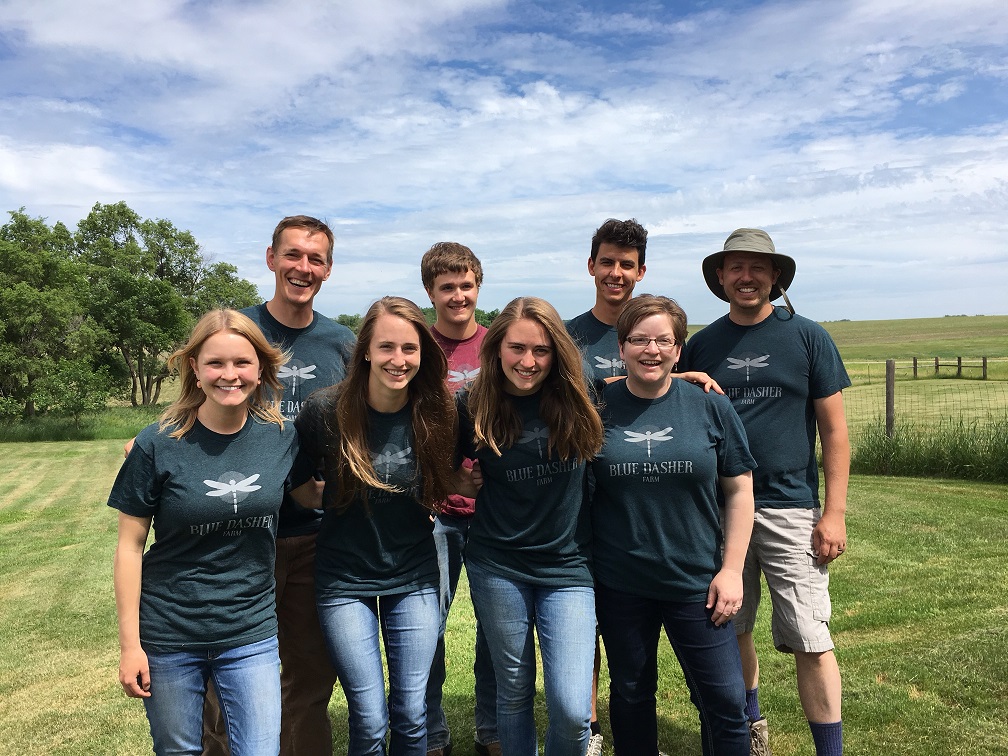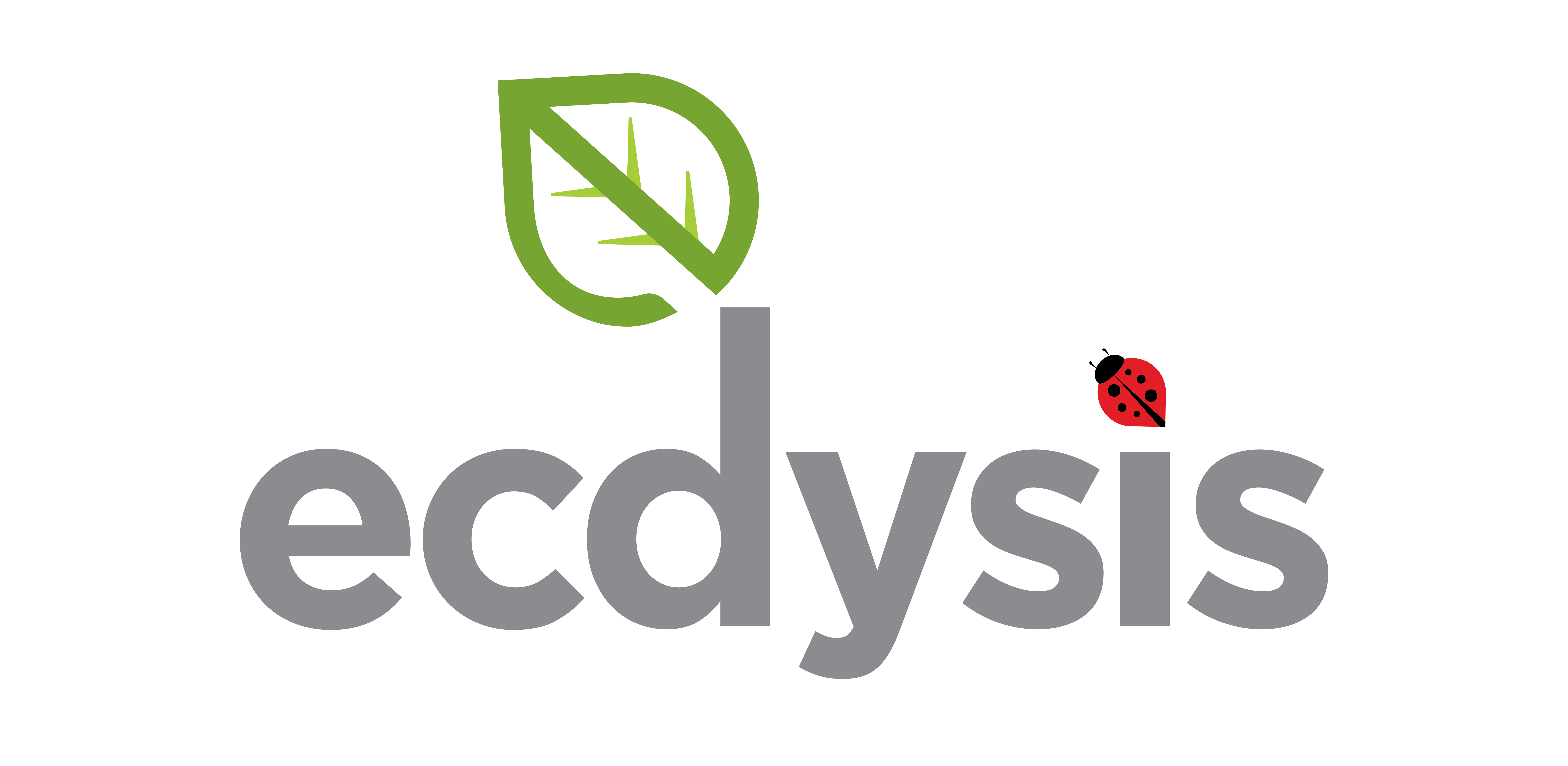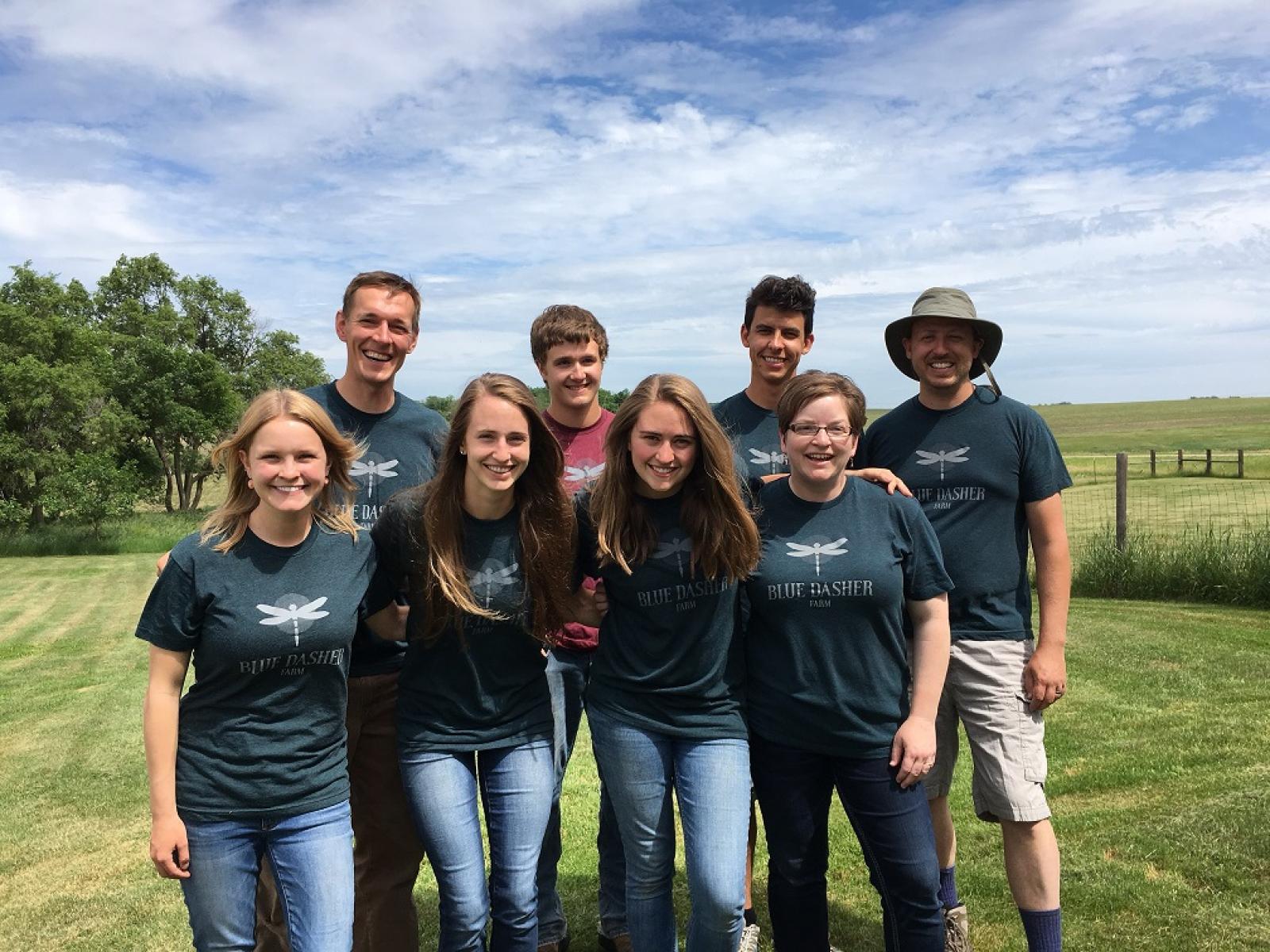An Overview Of Our Solution
- Population Impacted:
- Continent: North America
Organization type
Population impacted
Size of agricultural area
Production quantity
People employed
Describe your solution
Describe your implementation
External connections
What is the environmental or ecological challenge you are targeting with your solution?
Describe the context in which you are operating
Our solutions to this challenge address an industrialized agricultural system. Crop diversity has diminished as more acres are devoted to corn and soybean production, which currently occupies approximately 60% of all crop acres (corn and soybeans currently occupy approximately 9% of the land surface in the lower 48 states). The number of confined animal feeding operations has increased steadily as the number of ranchers has declined. Simplification of farming systems results in higher cost of production per farm (an increase of 110% since 1997), fewer farms (by 5% since 1997), and larger farms (the proportion of farms < 200 ac has decreased by 5% since 1997). There is also an aging demographic and a decline of rural communities (the number of young farmers decline by 20% between 2007 and 2012). One response that we promote is that a growing number of farmers and consumers are interested in local and organic production, soil conservation practices and cover crops, and grass fed livestock.
How did you impact natural resource use and greenhouse gas emissions?
Language(s)
Social/Community
Water
Food Security/Nutrition
Economic/Sustainable Development
Climate
Sustainability
Small donations from around the world, farmers, beekeepers, ranchers, and supporters bankrolled much of the start-up costs for our first research facility and demonstration farm. Our business model is as resilient as the regenerative systems we promote. Operating costs are generated from donations, farm revenue, education revenue, and competitive research and education grants. Every element of our solution relies on our credibility and personal relationships. We exist solely because we are not just talking about changes, we are doing something bold. We are actually conducting the science needed to implement change. We are farming with these principles. We are coordinating education curricula. This first-hand experience is indispensable.
Return on investment
Entrant Image

Entrant Banner Image

